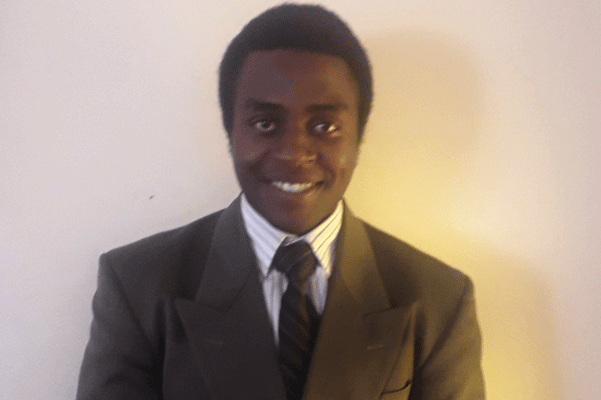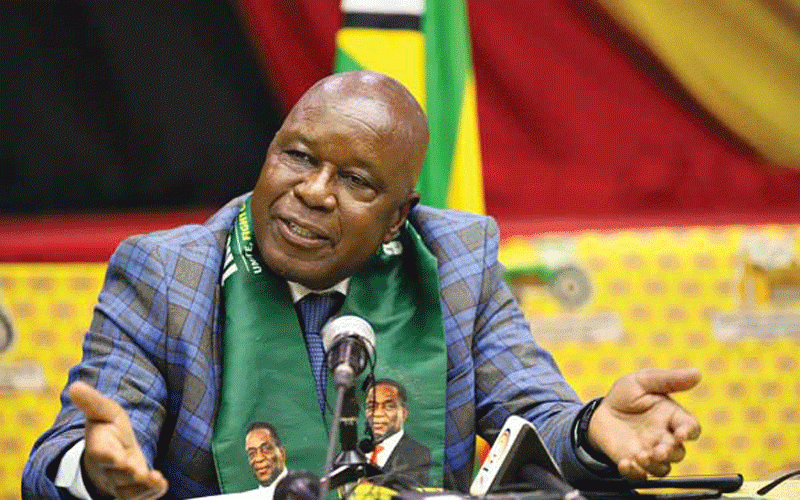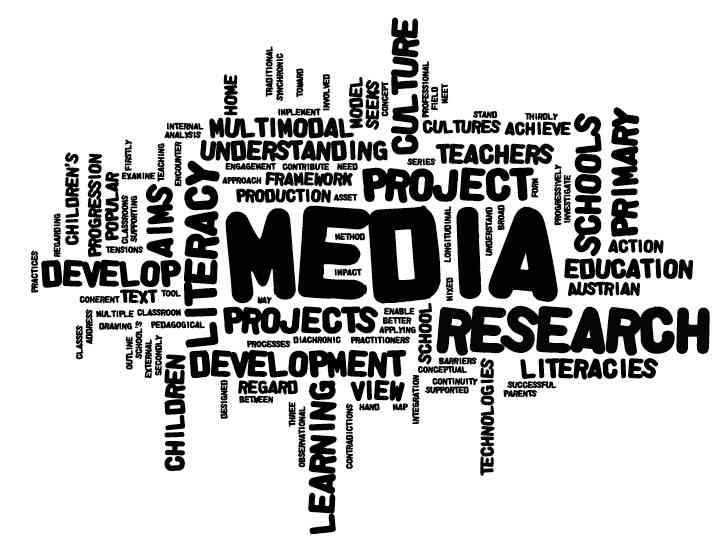
guest column:Rukudzo M Mangoma
HOW often do you hear clergymen and politicians say “church and politics do not mix”? Having heard it so many times, it eventually challenged me to reach out for my thinking cap. My discussions with people in religion and politics, coupled with reading, led me to conclude that politics and the church do mix and a necessary mixture it is.
Church leaders and government have entered into an unholy agreement that takes ordinary folk for fools. It involves politicians using religion for their own gain. They stand on pulpits to pacify a livid and suffering citizenry as shown by the national day of fasting or as a campaign strategy, as seen during elections when presidential candidates target churches to make promises which they never get to fulfil.
In turn our elders, pastors and prophets receive bribes in the form of residential stands, farms and luxury cars. What I find thought provoking is that despite the high levels of education and intelligence, as it should be with politicians and clergymen, they struggle to help us understand why church and politics should ‘not` mix Government interpreted the Catholic Bishops of Zimbabwe’s pastoral letter as a declaration of war, with Information minister Monica Mutsvangwa spearheading the attack, denying that the country was in a crisis. By showing anger at the church leaders, society became riddled with so many questions regarding the competency of the Zimbabwe government. Given the abrasive words and tone used by Mutsvangwa, one would assume that she was not bound by any religious principles that allow her to execute her tasks.
If one were to revisit Zimbabwean history, you will see that the late Rhodesian Prime Minister Ian Smith was adamant that black people were not suffering and there was no crisis in Rhodesia. According to him, black people were privileged with the provision of education and health, basic necessities that allowed livelihoods to thrive.
This, of course, was a fallacy that might have intensified the liberation struggle. It seems as if history wants to repeat itself. The government is using the same method of oppression which the colonialists once used. They have simply dusted the oppression handbook and added a few new chapters to make it look modern.
Now 40 years after independence, Zimbabwe is characterised by high unemployment rates, cash shortages, closure of industries and food insecurity, among others.
As the Catholic pastoral letter aptly mentioned, the country is in a crisis. The situation is so grave a concern that a British lord felt recolonisation was possibly a good solution.
- Chamisa under fire over US$120K donation
- Mavhunga puts DeMbare into Chibuku quarterfinals
- Pension funds bet on Cabora Bassa oilfields
- Councils defy govt fire tender directive
Keep Reading
I am bestowed with great embarrassment as a youth on how our leaders are handling the State. They have shown the inability to walk the walk nor talk the talk.
As if to add salt to the injury, they have the audacity to deny that the country is in crisis. Then, if that were the case, why is it we have problems of much higher magnitudes compared to our neighbours, problems that have irritatingly spanned over four decades?
Mutsvangwa mentioned how during the colonial era, religious leaders helped with the liberation struggle. Why did our liberation fighters not reject assistance from religious leaders?
If church and politics do not mix, why not take a firm stance and say no to Bishop Donald Lamont, Bishop Joseph Crane Hartzell and Reverend John White’s assistance, who advocated for black emancipation? These are all burning questions that Zimbabweans want to understand. This seems like a typical case of “pseudo constitutionalism”.
If one takes a look at the Zimbabwean Constitution, you will discover and appreciate how it was formulated around religious beliefs and values, specifically more from Judeo-Christian principles than any other religion.
Founding values and principles of the Constitution, such as fundamental human rights and freedoms to good governance, can all be linked to the Bible.
The church is the foundation upon which the Constitution was built because it provides what is fundamentally right and wrong. People have different opinions on what is wrong or right, it therefore would be impossible to bring about a unilateral way in which people must conduct themselves for peace and development to prevail. Without such a rule book on how to behave, countries will end up in crisis.
Thus, we need a higher power to provide an incontestable law upon which to follow. For example, Exodus 20 vs 13, says do not kill. An order to preserve human life, directly in line with the Constitution of Zimbabwe which guarantees sanctity of life.
The Constitution also says justice must be done to all irrespective of status, this is in accordance with Leviticus 19 vs 15 which says “always judge your neighbours fairly, neither favouring the poor nor showing difference to the rich”.
Moreover, the role of the church in politics is integral because it acts as a control in curbing corruption and abuse of power by government. Besides opposition parties, churches have a responsibility to confront poor governance boldly.
This is because ordinarily, what affects people will affect the church because by simple definition the church is the people.
In dire circumstances like the one we are currently in, I am of the opinion that the church may even be allowed to overstep these so-called boundaries and supersede government.
The reason is that when political leaders begin to abuse power and become corrupt, the plausible assumption is that they have lost morality, morals which allow them to use power effectively and fairly.
The church should take responsibility to reinstall them. It must be the church because churches symbolise the very epitome of morality in the world.
It is disheartening that some of my contemporaries believe that there is a fine line between church and politics. My opinion is that they are just citizenry who do not want to take up responsibility for the governance of their country. A good citizen is obliged to call a spade a spade, he or she is quick to point out weaknesses of governance. Hence, a responsible, change-seeking citizen is one abiding by religious principles.
It is my hope that people will arrive at the same realisation that politics and the church are interdependent for effectiveness and must be people-centred.
The relationship between church and politics reminds me of the Chinese philosophy of yin and yang, a philosophy that suggests that for there to be effectiveness, a balance in life is necessary. My conclusion is that church and politics do mix.











